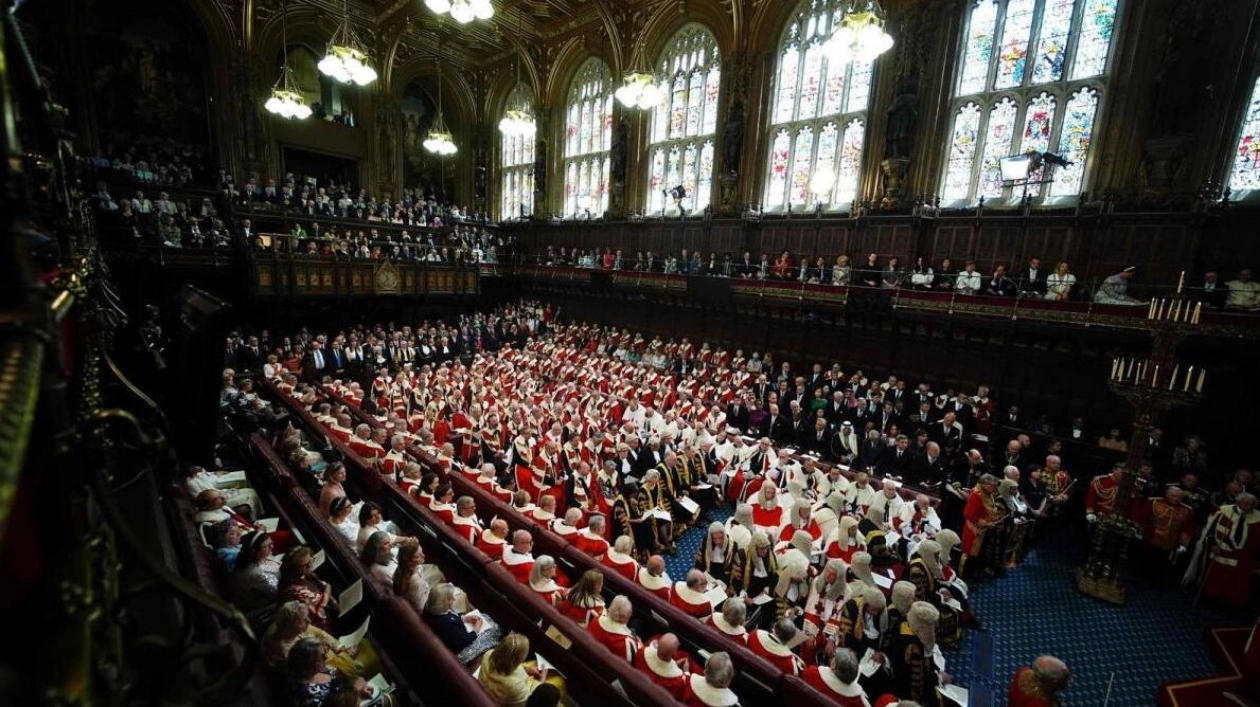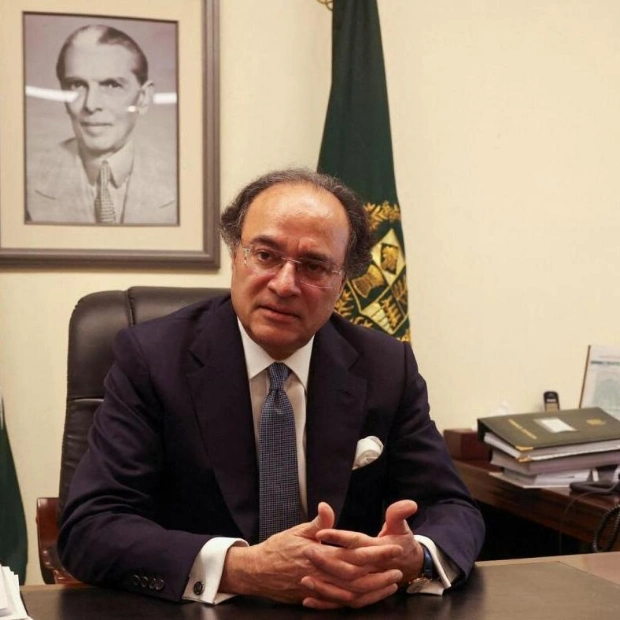The UK government is set to introduce legislation on Thursday to eliminate seats in the House of Lords reserved for hereditary lawmakers as part of its efforts to reform the unelected upper chamber of parliament.
The proposed bill will remove the 92 seats currently held by peers who inherited their positions from aristocratic families. These individuals hold titles such as duke, earl, viscount, and baron. Britain stands out among western governments for having such lawmakers.
This move aligns with a manifesto commitment made by Prime Minister Keir Starmer's Labour party prior to its significant general election victory in July, which marked its return to power after 14 years. This initiative revives the reform of the Lords that began under Tony Blair's Labour government in the late 1990s.
Constitution minister Nick Thomas-Symonds stated, "This is a landmark reform to our constitution. The hereditary principle in law-making has persisted for far too long and is incompatible with modern Britain." He further emphasized, "The second chamber plays a crucial role in our constitution, and people should not be voting on our laws in parliament by virtue of an accident of birth."
The legislation is expected to pass easily through the House of Commons, given Labour's substantial majority, before it requires approval from the Lords. The exact timeline for its enactment remains uncertain. According to UK officials, Lesotho in southern Africa is the only other country with a hereditary element in its legislature.
Labour has characterized the scrapping of hereditary peers as a "first step in broader reform." The government aims to eventually replace the Lords with an alternative second chamber that more accurately represents the UK. The Lords currently comprises around 800 members, most of whom are appointed for life. These include former MPs, typically appointed by outgoing prime ministers, as well as individuals nominated after serving in prominent public or private sector roles, and senior Church of England clerics, including the Archbishop of Canterbury.
The primary role of this centuries-old chamber is to scrutinize the government. While it cannot override legislation from the popularly elected House of Commons, it can amend and delay bills and initiate new draft laws. Blair's government initially intended to abolish all seats held by hundreds of hereditary members but ultimately retained 92 as a temporary compromise. The issue of Lords reform has been contentious for successive administrations, partly due to the difficulty in proposing better alternatives.






